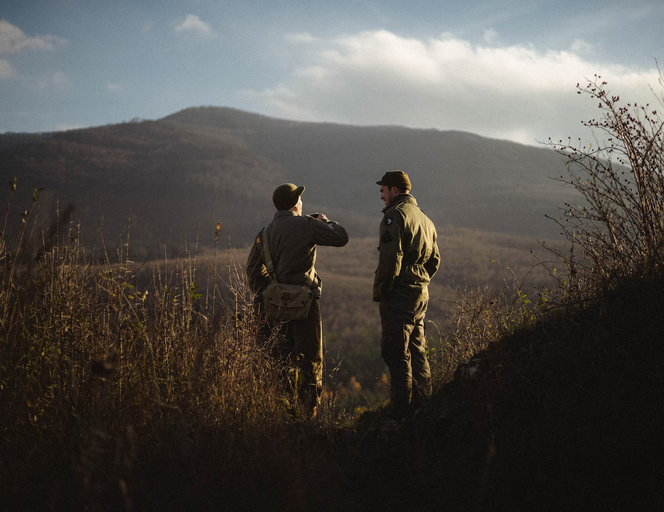Hunting is more than just a recreational activity; it’s a deeply rooted tradition that connects us with our primal instincts and the great outdoors. Whether you’re a seasoned hunter or embarking on your first expedition hunting beavers, proper preparation is key to a safe and successful hunting trip. To give you a head start, this post has compiled this step-by-step guide to help you make sure that your trip will be a success. In this step-by-step guide, we’ll walk you through the essential preparations needed for a memorable and rewarding hunting experience.
Determine Your Hunt Objective

Before packing your gear, it’s crucial to establish clear objectives for your hunting expedition. What type of game are you pursuing? What are your goals for the hunt? Is it for sustenance, sport, or a combination of both? Defining your hunt’s purpose will help you make informed decisions about equipment, location, and timing.
Research Your Quarry and Location
Research is the backbone of any successful hunt. Study the behavior, habitat, and seasonal patterns of the game you’re targeting. Additionally, research your hunting location, including terrain, local wildlife populations, and hunting regulations. Understanding these factors will inform your strategy and increase your chances of success.
Plan Your Logistics
Hunting expeditions require careful planning and logistics. Decide on the duration of your trip and make arrangements for accommodations, whether it’s camping, staying in a hunting lodge, or booking a nearby cabin. Plan your meals and pack sufficient food and water for your stay. Organize transportation to and from your hunting location and consider the logistics of game retrieval.
Acquire the Necessary Permits and Licenses

Hunting without the proper permits and licenses is not only illegal but also detrimental to wildlife conservation efforts. Check with local wildlife agencies and regulatory bodies to ensure you have the required documentation. Don’t forget to review any specific hunting regulations, including bag limits and hunting seasons.
Assemble Your Gear
Selecting the right gear is essential for a successful hunting trip. Your gear list will vary depending on the type of hunt, but some common items include:
- Firearms or archery equipment (if applicable)
- Ammunition or arrows
- Hunting clothing and footwear suitable for the weather and terrain
- Binoculars or a spotting scope for scouting
- Backpack for carrying essentials
- Field dressing tools and materials
- Maps, compass, or GPS for navigation
- First aid kit and emergency supplies
- Hunting accessories, such as calls and decoys (if applicable)
Ensure that your equipment is in good working condition, and practice using it before your trip to minimize surprises in the field.
Ensure Safety and Survival Preparations
Safety should always be a top priority when preparing for a hunting expedition. Inform someone you trust about your trip’s itinerary, including your expected return date. Carry communication devices, such as a satellite phone or a personal locator beacon, in case of emergencies. Familiarize yourself with basic wilderness survival skills and carry essential supplies, including fire-starting equipment and a basic first aid kit.
Practice Shooting and Scouting

If you’re using firearms or archery equipment, dedicate time to practice your marksmanship and shooting skills. Visit a shooting range or archery range to ensure you’re proficient and confident with your weapon. Additionally, spend time scouting the hunting area before your trip to familiarize yourself with game trails, feeding areas, and potential ambush points. Always hunt ethically and follow all hunting regulations and laws. Ethical hunting includes fair chase, respect for wildlife, and responsible firearm or archery use. Leave no trace of your presence in the wilderness, and practice ethical hunting to ensure the sustainability of wildlife populations.
Preparation is the foundation of a successful hunting expedition. By carefully considering each step and thoroughly planning your trip, you’ll not only increase your chances of a fruitful hunt but also ensure your safety and adherence to ethical hunting practices. Remember that hunting is not just about the harvest; it’s about immersing yourself in the natural world, respecting the environment, and embracing the age-old tradition of connecting with the great outdoors.
